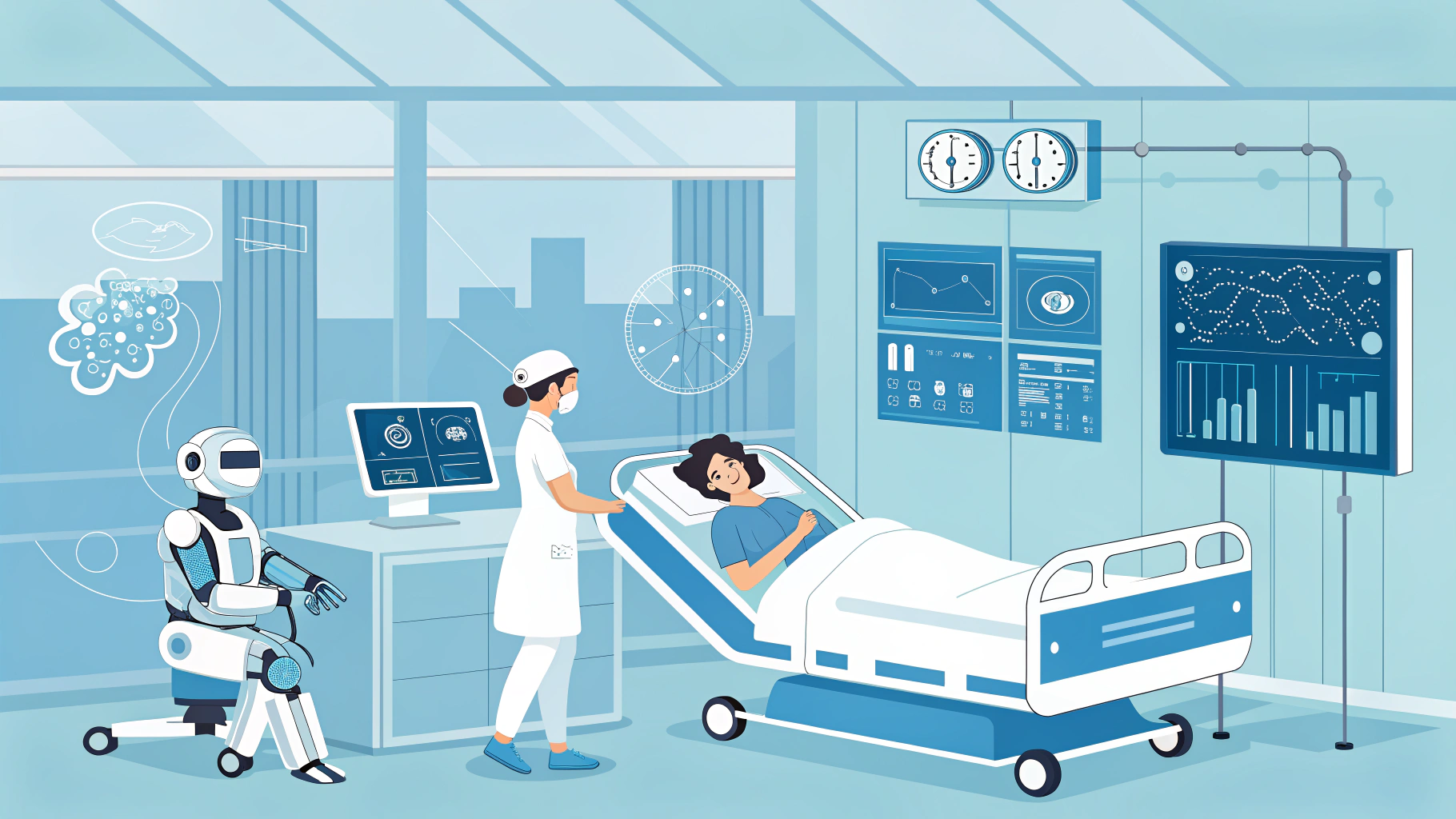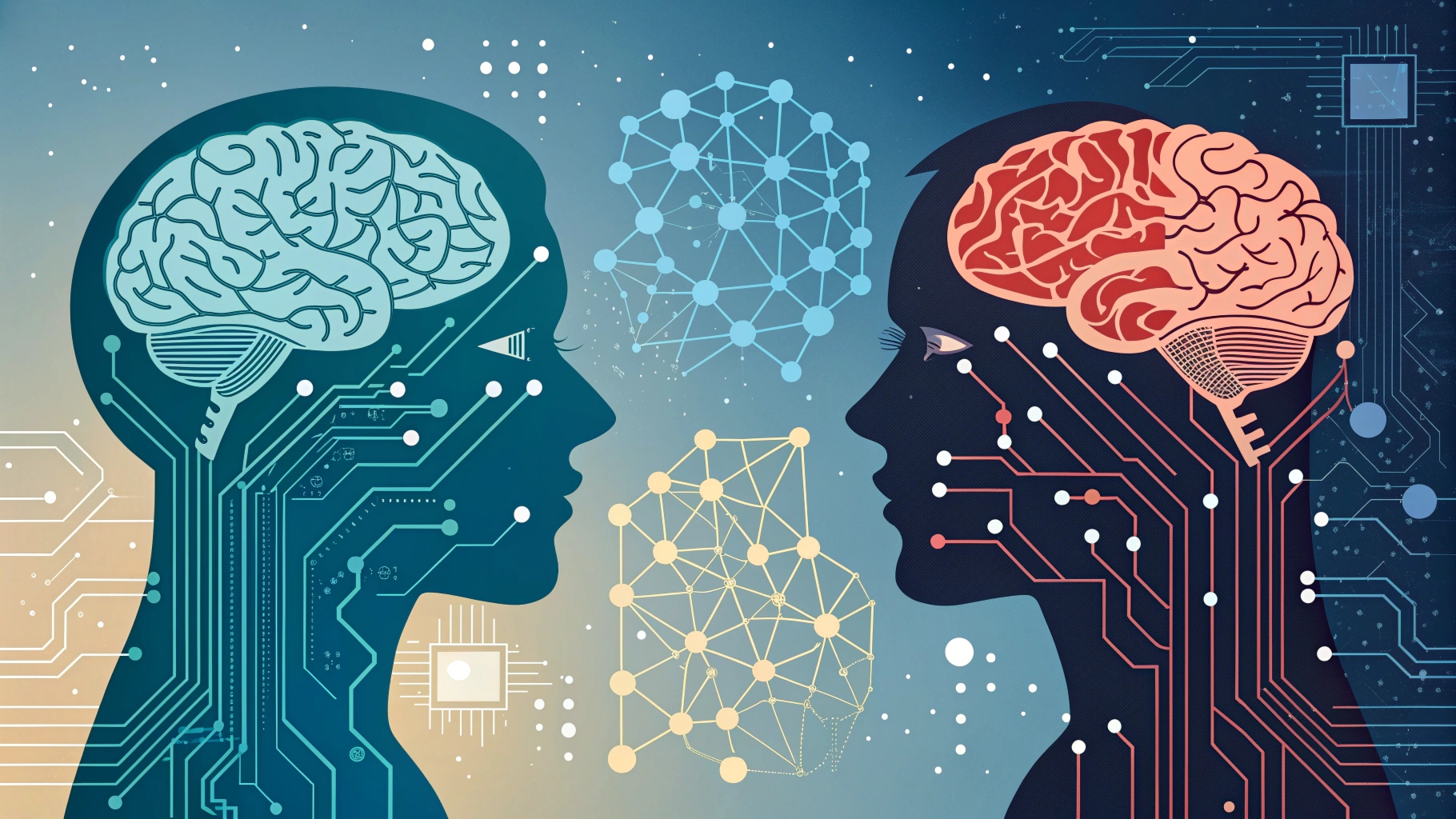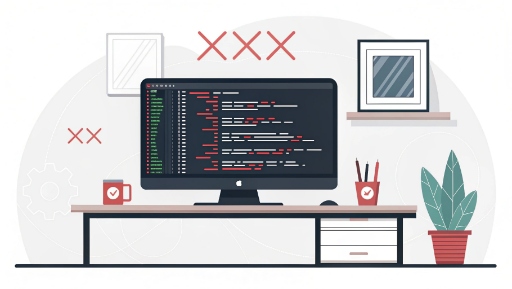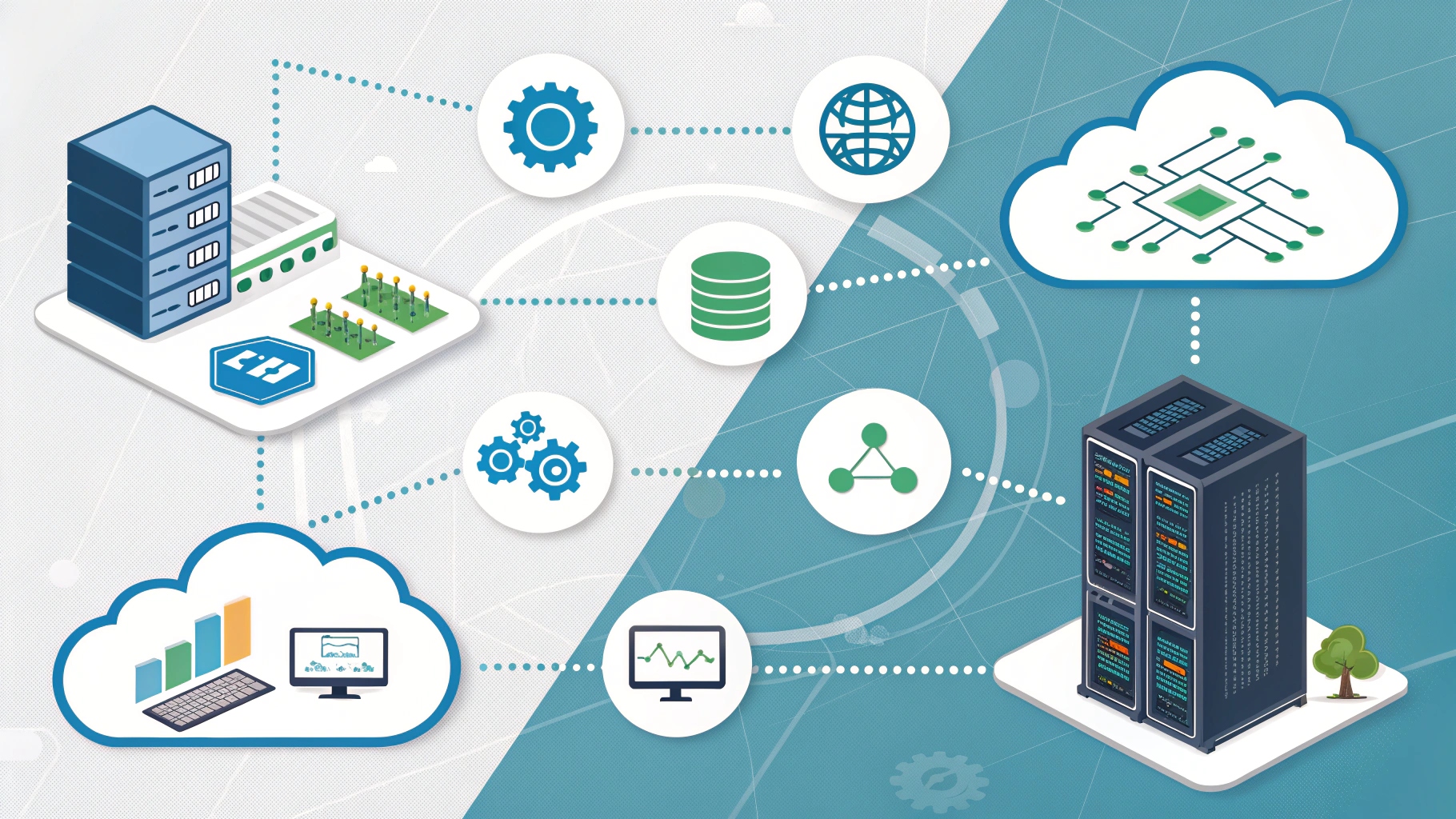
Summary
Artificial Intelligence (AI) is revolutionizing the healthcare industry by enhancing diagnostics, enabling personalized medicine, improving patient experience, and boosting hospital efficiency. AI in healthcare offers enormous opportunities through predictive analytics, medical imaging, and health tech innovation. However, it also faces significant challenges, including data privacy concerns, high costs, ethical issues, and regulatory hurdles. The future of medical AI looks promising with advancements in telemedicine, robotics, and AI-powered drug discovery, provided the industry maintains a balance between technology and human empathy.
–
Introduction
Artificial Intelligence (AI) has rapidly moved beyond the realm of futuristic ideas and into the heart of today’s medical practices. From improving diagnostics to optimizing hospital workflows, AI in healthcare is reshaping how doctors, patients, and hospitals interact. With the rise of medical AI tools, healthcare providers can deliver faster, more accurate, and more personalized care.
But as with every transformative innovation, challenges exist ranging from data privacy concerns to ethical dilemmas and implementation costs. This blog explores the vast opportunities of AI in healthcare, the challenges it faces, and the future of health tech innovation in medicine.
The Rise of AI in Healthcare
In recent years, AI-powered solutions have gained significant traction across the medical industry. Hospitals, clinics, and pharmaceutical companies are increasingly adopting medical AI tools to streamline operations and improve outcomes.
A few key drivers of this adoption include:
- The massive growth of healthcare data.
- The urgent need for faster and more accurate diagnostics.
- Rising healthcare costs demanding efficiency.
- Innovation in health tech and computing power.
Today, AI isn’t just a supporting technology; it’s becoming the backbone of modern healthcare systems.
Opportunities of AI in Healthcare
1. Enhanced Diagnostics
One of the biggest strengths of AI in healthcare lies in its ability to process vast amounts of data quickly. For instance, AI algorithms can analyze MRI scans, X-rays, and pathology slides with remarkable accuracy sometimes even surpassing human specialists.
This means faster detection of conditions like cancer, heart disease, and neurological disorders. Companies like Google’s DeepMind and IBM Watson are leading the way in medical AI diagnostics, enabling earlier and more effective treatments.
2. Personalized Medicine
Traditional medicine often takes a one-size-fits-all approach. But with AI in healthcare, treatments can be tailored to an individual’s genetic profile, lifestyle, and health history.
For example, AI systems can analyze genetic sequencing data to recommend the most effective drug for cancer patients. This personalized approach improves treatment success rates and reduces unnecessary side effects.
3. Predictive Analytics
AI can predict disease outbreaks, hospital readmissions, or even potential health risks in individuals. With predictive modeling, healthcare systems can take preventive action before issues escalate.
This predictive power not only saves lives but also reduces costs a crucial aspect of health tech innovation.
4. Improved Patient Experience
Chatbots, AI-driven virtual assistants, and symptom checkers are helping patients access information quickly. From scheduling appointments to answering medical questions, medical AI tools enhance patient engagement and reduce wait times.
AI also enables remote monitoring through wearables, empowering patients to manage chronic conditions more effectively.
5. Operational Efficiency
Beyond clinical uses, AI streamlines hospital operations. By analyzing patient flow, staffing needs, and resource allocation, AI helps hospitals cut costs and improve efficiency.
For instance, predictive AI tools can estimate emergency room demand, ensuring that staff and resources are available when needed.
Challenges of AI in Healthcare
While the benefits are clear, AI in healthcare comes with hurdles that cannot be ignored.
1. Data Privacy and Security
Healthcare data is highly sensitive. With the growing use of medical AI, health tech innovation, concerns around data security and patient privacy are at an all-time high. A data breach could not only harm patients but also erode trust in AI technologies.
Strict compliance with regulations like HIPAA (in the U.S.) and GDPR (in Europe) is essential to maintain patient confidence.
2. Ethical Concerns
AI systems are only as unbiased as the data they are trained on. If the training data lacks diversity, the resulting AI decisions can be discriminatory. For example, AI diagnostic tools might perform less accurately on certain ethnic groups if not properly trained.
This raises questions about fairness, accountability, and the ethical deployment of medical AI.
3. High Implementation Costs
Adopting AI in healthcare requires advanced infrastructure, skilled professionals, and significant financial investment. For smaller hospitals and clinics, these costs can be a barrier.
Until costs become more manageable, the adoption of health tech innovations may remain limited to large, well-funded healthcare systems.
4. Lack of Human Touch
While AI can handle data-driven tasks efficiently, it cannot replace human empathy. Patient care involves emotional understanding, compassion, and communication qualities that medical AI cannot replicate.
Doctors and nurses must strike the right balance between technology and the human touch.
5. Regulatory Challenges
Healthcare is one of the most heavily regulated industries. Bringing AI in healthcare solutions to market requires rigorous testing, clinical validation, and regulatory approvals. This lengthy process often slows down innovation.
The Future of AI in Healthcare
Despite the challenges, the future of AI in healthcare looks promising. With continuous advancements in machine learning, natural language processing, and robotics, medical AI will become more accurate, accessible, and affordable.
Key trends for the future include:
- Wider use of AI-driven telemedicine.
- Integration of AI with Internet of Medical Things (IoMT).
- Growth in robotic-assisted surgeries.
- AI-powered drug discovery and vaccine development.
As healthcare providers continue to embrace health tech innovation, patients worldwide will benefit from faster diagnoses, better treatments, and more efficient healthcare systems.
Conclusion
The integration of AI in healthcare represents a transformative shift in modern medicine. From improving diagnostics and personalized medicine to enhancing patient experience and hospital efficiency, the opportunities are immense.
Yet, challenges such as data privacy, ethical dilemmas, high costs, and regulatory hurdles remain. By addressing these issues responsibly, the industry can ensure that medical AI fulfills its true potential.
Ultimately, health tech innovation driven by AI will not replace doctors, but it will empower them enabling a future where healthcare is smarter, faster, and more patient-centered.
FAQ
1. What is AI in healthcare?
AI in healthcare refers to the use of artificial intelligence technologies, such as machine learning and natural language processing, to improve diagnostics, treatment, patient care, and hospital operations.
2. How is AI used in medical diagnostics?
AI algorithms can analyze X-rays, MRIs, CT scans, and pathology reports with high accuracy. This helps in early detection of diseases like cancer, heart conditions, and neurological disorders.
3. What are the main benefits of AI in healthcare?
The key benefits include faster diagnostics, personalized treatment, predictive analytics, improved patient experience, and greater operational efficiency in hospitals and clinics.
4. What challenges does AI in healthcare face?
The biggest challenges include data privacy and security risks, ethical concerns like bias, high implementation costs, regulatory hurdles, and the lack of human empathy in AI-driven systems.
5. Will AI replace doctors in the future?
No, AI is not meant to replace doctors. Instead, medical AI supports healthcare professionals by providing data-driven insights and efficiency, allowing doctors to focus more on patient interaction and care.
6. What is the future of AI in healthcare?
The future includes AI-driven telemedicine, robotic-assisted surgeries, AI-powered drug discovery, and integration with wearable devices and IoMT (Internet of Medical Things).






